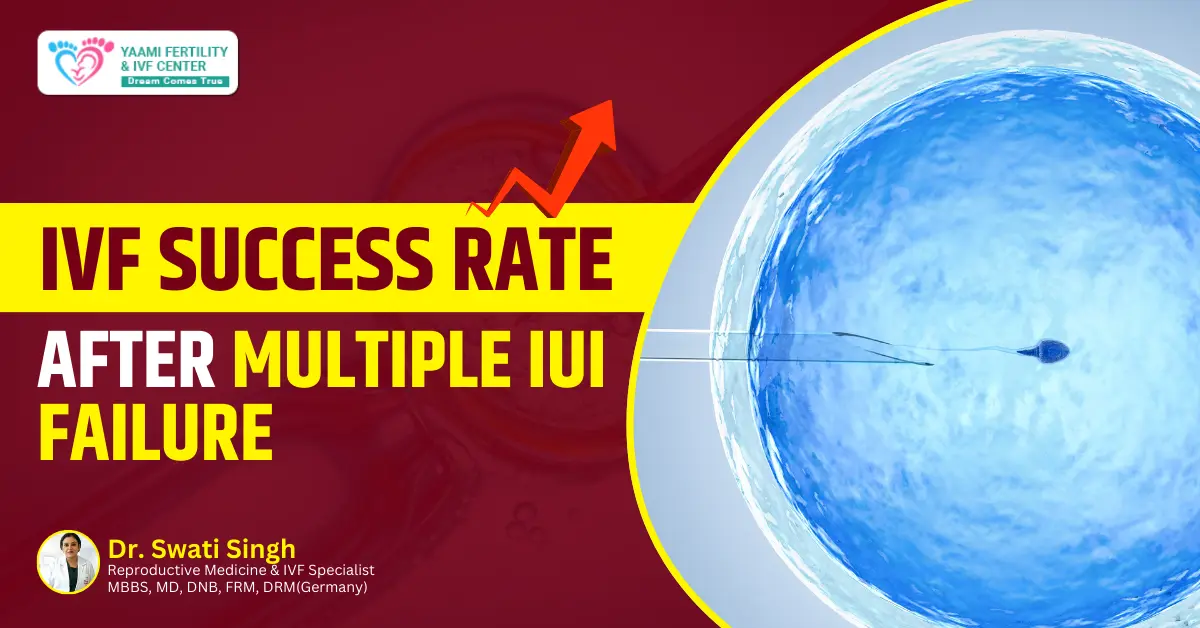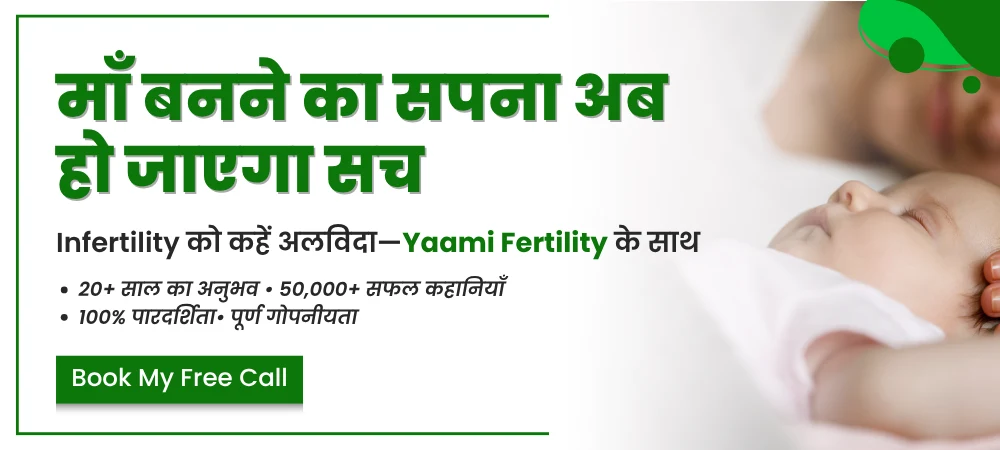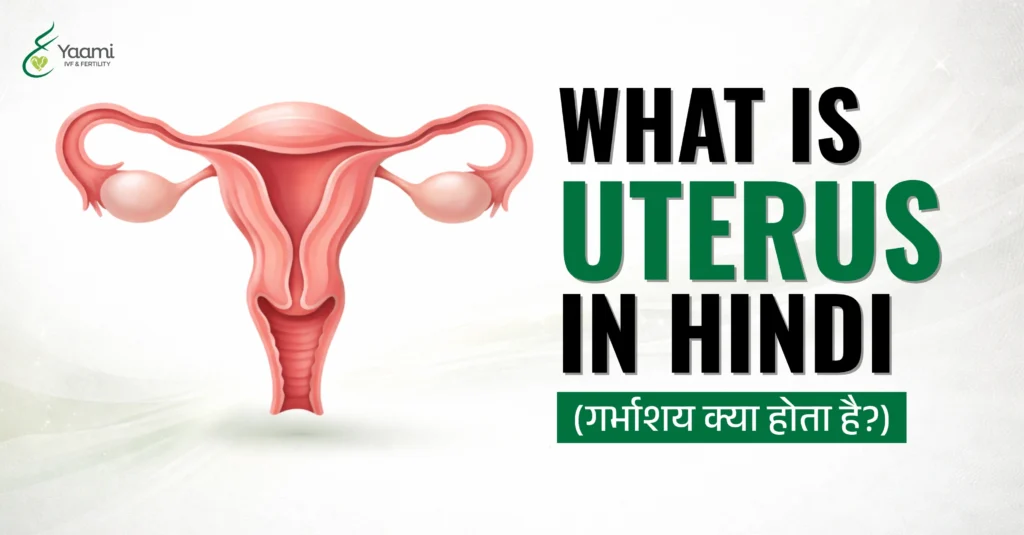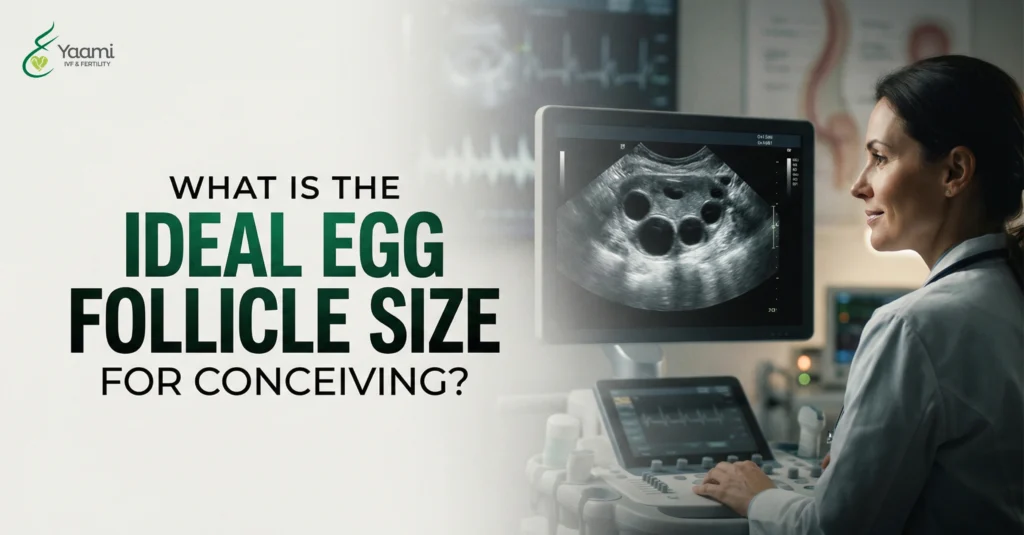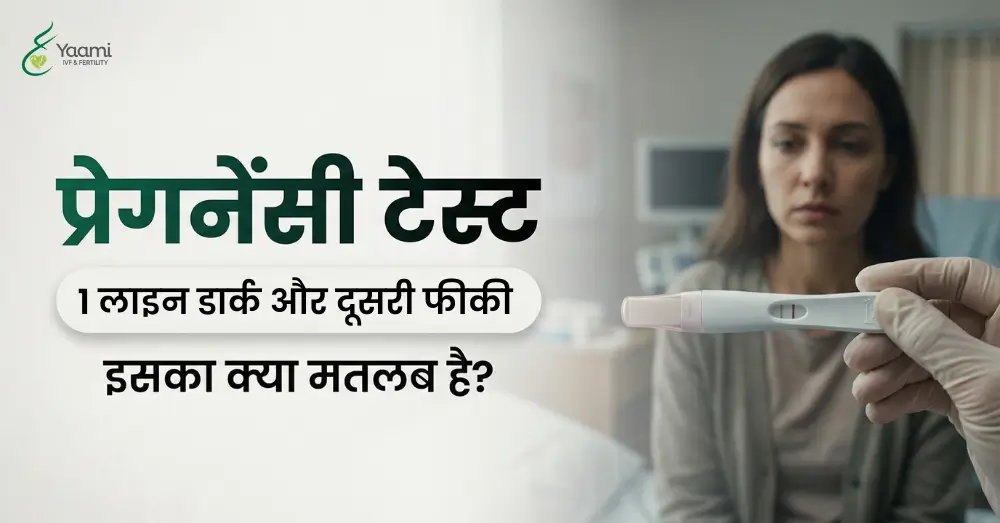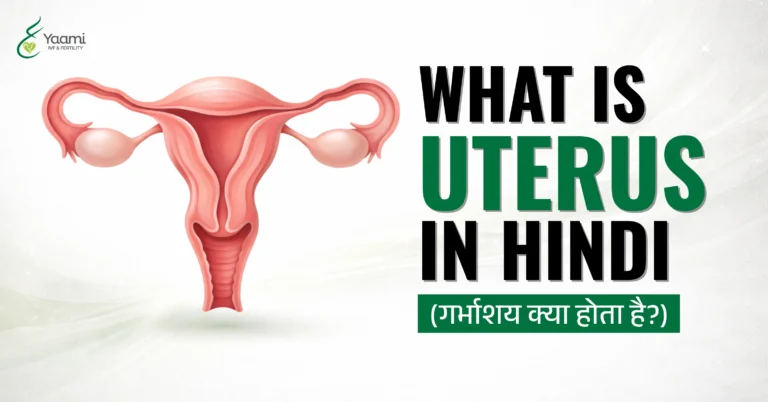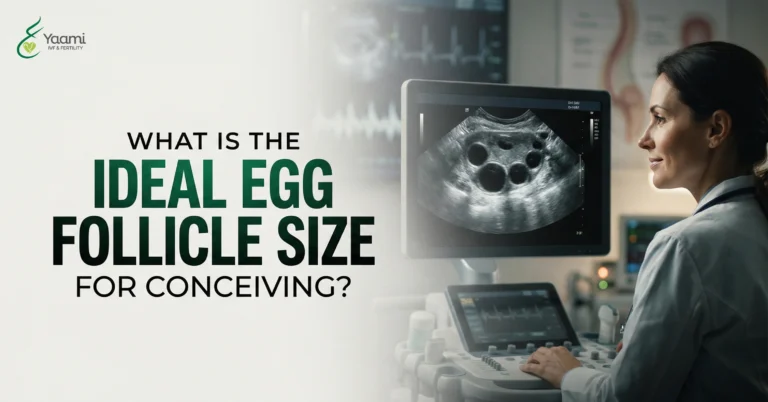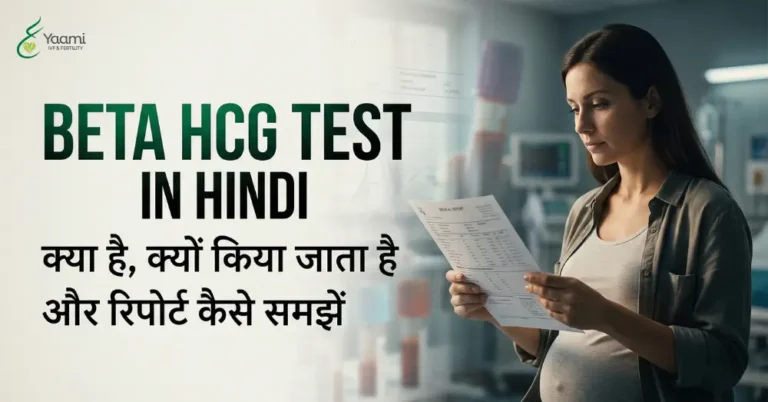IVF offers higher success rates than IUI, especially after multiple IUI failures. It is more effective for women with unexplained infertility or advanced age. With expert care and advanced technology, IVF significantly improves pregnancy outcomes, making it a reliable next step after repeated IUI attempts.
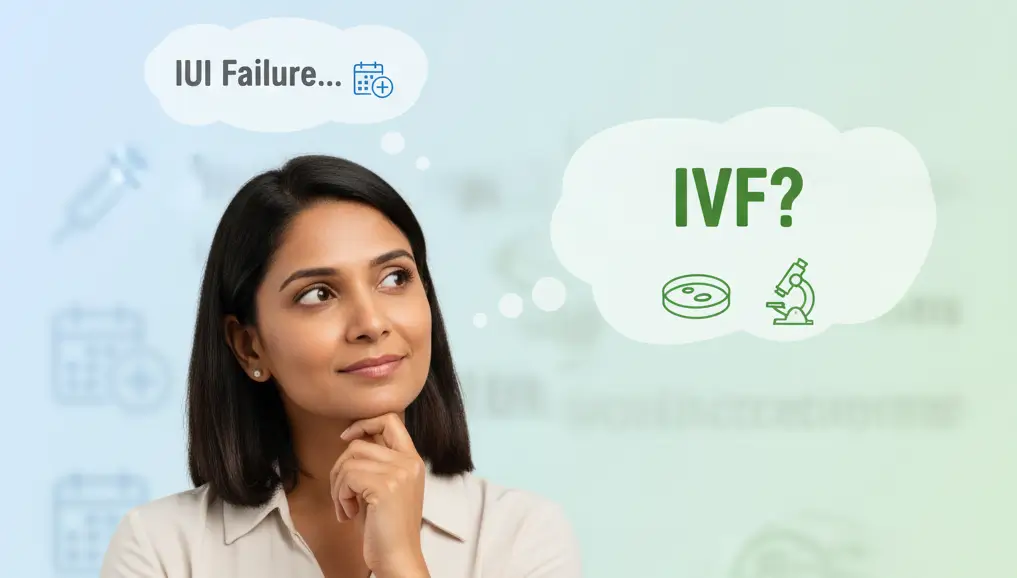
Success Rate of IVF after Multiple IUI Failure is higher after a 3rd IUI failure. After completing three cycles of medication and undergoing intrauterine insemination (IUI) without success, would it be advisable to attempt another round of IUI or is it more beneficial to consider in vitro fertilization (IVF) as the next step?
So, the first 3 cycles of IUI have the best success rate (10% per IUI).
From the fourth IUI onwards, success goes down – 5-7% per IUI.
The main reason for this is that in couples with 3 failed IUIs, there is a high chance of a major issue with egg quality or sperm, due to which embryo formation (fertilization process) does not take place.
Such cases can be both diagnosed and corrected by IVF treatment. The success rate of IVF after multiple IUI failures is significantly higher, making it a more viable option.
In a nutshell, after three failed IUIs, it is better to go ahead with IVF. The success rate of IVF after multiple IUI failures provides a hopeful alternative for couples struggling with infertility.
Why IVF After IUI Failure Can Be Successful
Declining Success Rates of IUI
- Intrauterine Insemination (IUI) is often the first step in fertility treatment. T
- First three cycles of IUI have a success rate of 10% per attempt,
- Chances after 3rd attemp drops to only 5–7%.
- At this stage, continuing IUI is less effective.
Reasons for IUI Failure
There are multiple reasons which can led to an IUI failure and may tell us about deeper fertility issues, such as:
- Poor egg quality or reduced ovarian reserve.
- Low sperm count, motility, or morphology problems.
- Fertilization difficulties where embryos fail to form.
- Unexplained infertility or conditions like endometriosis.
How IVF Overcomes These Challenges
IVF (In Vitro Fertilization) offers advanced solutions by directly combining eggs and sperm in a lab. In IVF the IVF specialist can:
- Monitor embryo growth and select the healthiest ones.
- Use ICSI for severe male infertility.
- Perform blastocyst culture for better implantation chances.
- Apply genetic testing (PGT) to rule out chromosomal issues.
Why IVF Is More Effective
Compared to repeated IUIs, IVF offers much higher success rates (40–60%), particularly for women with advanced age or unexplained infertility. It addresses root fertility challenges, providing couples with renewed hope and a more reliable path to achieving a healthy pregnancy.
FAQs: Success Rate of IVF after Multiple IUI Failure
Q1. How many IUI cycles should be tried before switching to IVF?
It is adviced up to 3 IUI cycles. If all fail, IVF is advised since success rates drop after the third attempt.
Q2. Why does the success rate of IUI decrease after multiple failures?
Repeated IUI failures often indicate underlying issues with egg quality, sperm quality, or fertilization, which IUI cannot correct but IVF can.
Q3. What is the success rate of IVF after failed IUIs?
IVF success rates are significantly higher, ranging from 40–60% depending on age, fertility condition, and medical care, compared to just 5–7% in repeated IUIs.
Q4. Is IVF the only option after failed IUIs?
IVF is the most effective next step, but in some cases, advanced treatments like ICSI or donor options may also be recommended.
Q5. Does age affect IVF success after failed IUIs?
Yes. Younger women generally have higher IVF success rates, while women of advanced age may require tailored treatment plans for the best outcomes.
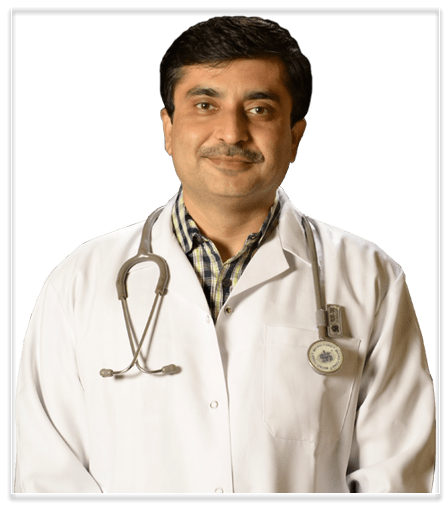
Dr. Sankalp Singh (MBBS, MS – Obstetrics & Gynecology, FIRM, FRM – Germany) is a highly respected Reproductive Medicine and IVF specialist with over 20 years of clinical experience. He is the founder and chief consultant at Yaami Fertility & IVF Center, Indore, where he provides advanced fertility solutions including IUI, IVF, ICSI, and fertility preservation. Trained internationally, Dr. Singh combines global expertise with a compassionate approach to guide couples on their journey to parenthood. He is also deeply committed to academic teaching, clinical research, and spreading awareness about reproductive health and fertility treatments.

